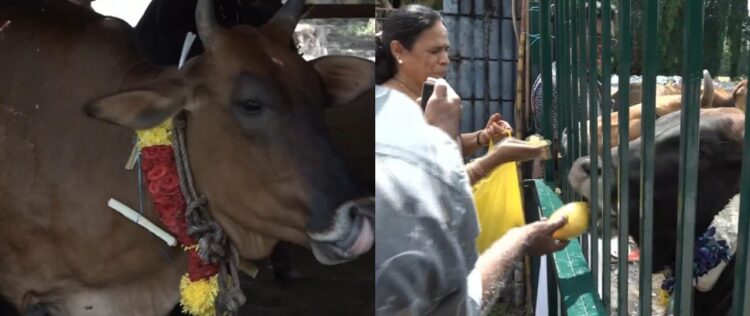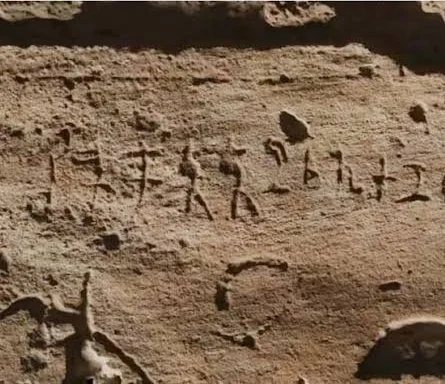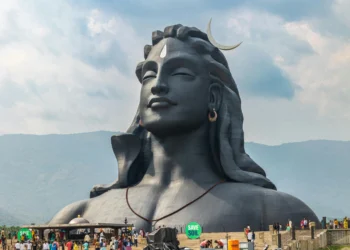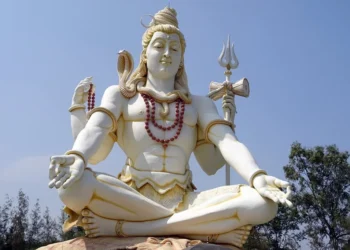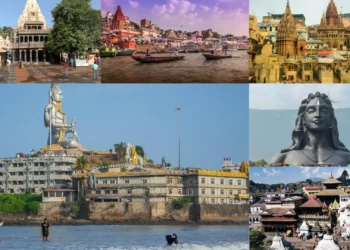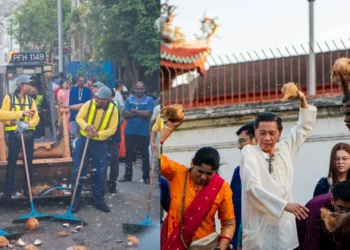Cattle or cows play a vital role in assisting farmers with agriculture. While modern farming is largely driven by machinery, cattle remain an integral part of the lives of many Indians. In this context, the festival of Mattu Pongal is celebrated in Malaysia as a way to show gratitude towards cows.
While this festival is primarily celebrated on a large scale in cattle farms, it is also observed in pasumadam, or cow shelters, located in some temples.
During the 1970s and 1980s, numerous temples across the country established “pasumadam” and dedicated gardens for the care and well-being of cows. These initiatives reflected the deep cultural and spiritual connection between cattle and Indian society, as well as the importance of preserving traditional agricultural practices. The temples not only provided shelter for the cows but also played a role in celebrating their significance through rituals and festivals like Mattu Pongal.
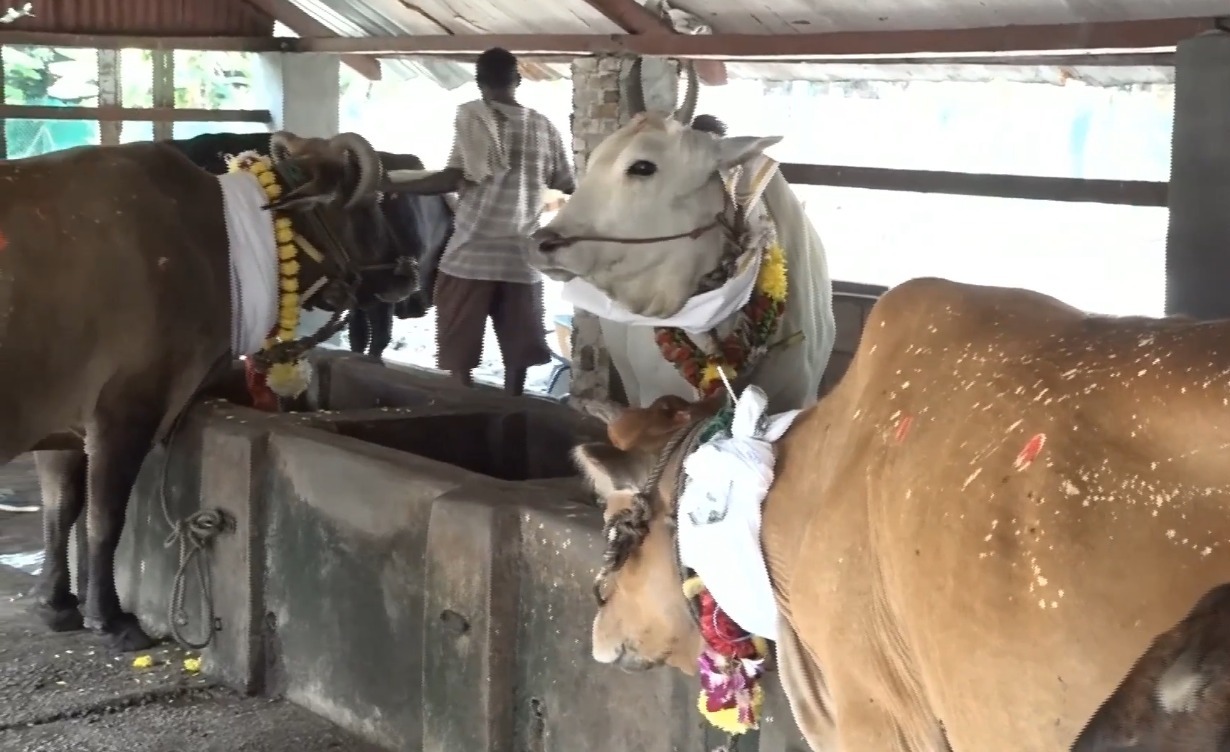
Fresh milk from the pasumadam was traditionally used for temple abishekam (ritual bathing of deities), and flowers from the Nandavanam (temple garden) were offered during temple worship.
Though this practice has diminished in many temples over the years, it continues to be followed at the Sri Thandayuthapani Temple in Sentul, Kuala Lumpur, even today.
The temple’s secretary and treasurer, Meyyappan Manickam, stated that eight cows and four calves at the temple are provided with proper shelters and facilities, ensuring they are cared for and raised properly.
“While it is quite challenging in today’s times, we have been following this tradition for generations and have no intention of abandoning it. The cows need appropriate space, a caretaker, and daily attention to their feeding and care,” he explained.
He also mentioned that the milk produced by these cows is used for the daily abishekam (ritual bathing) at the temple. He shared that the temple has been celebrating Mattu Pongal for over fifty years and offered details about today’s celebration.
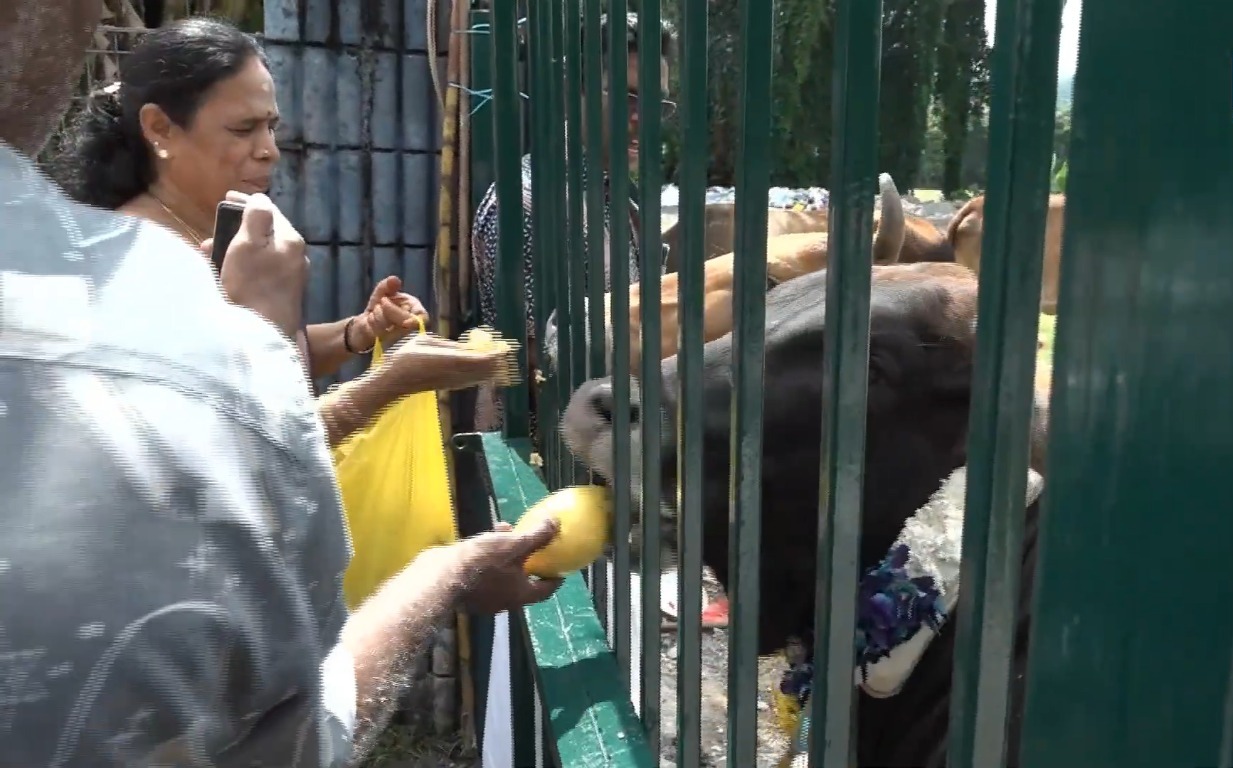
“Each year, on the first day, we bathe and decorate the cows. The following morning, we prepare Pongal and feed it to them. Since cows do not accept ‘Sakkarai Pongal’, only plain Pongal(venpongal) is made,” he explained.
At 10am yesterday, the temple authorities began preparing the Pongal. Once cooked, the Pongal, along with fruits and other offerings, was served to the cows and all the other livestock. The devotees who visited the temple joined in the celebration by offering Pongal and bananas to the cows, enjoying the festive atmosphere. As it was a workday, the temple saw a smaller turnout of visitors.
The celebration of Mattu Pongal at the Sri Thandayuthapani Temple in Sentul, Kuala Lumpur, serves as a reflection of the enduring cultural and spiritual connection between cattle and the local community. Despite the challenges of modern times, the temple continues to honoUr this tradition, with dedicated care for its cows and a commitment to preserving the rituals passed down through generations.
Source: Bernama
Follow us on Instagram, Facebook or Telegram for more updates and breaking news.


